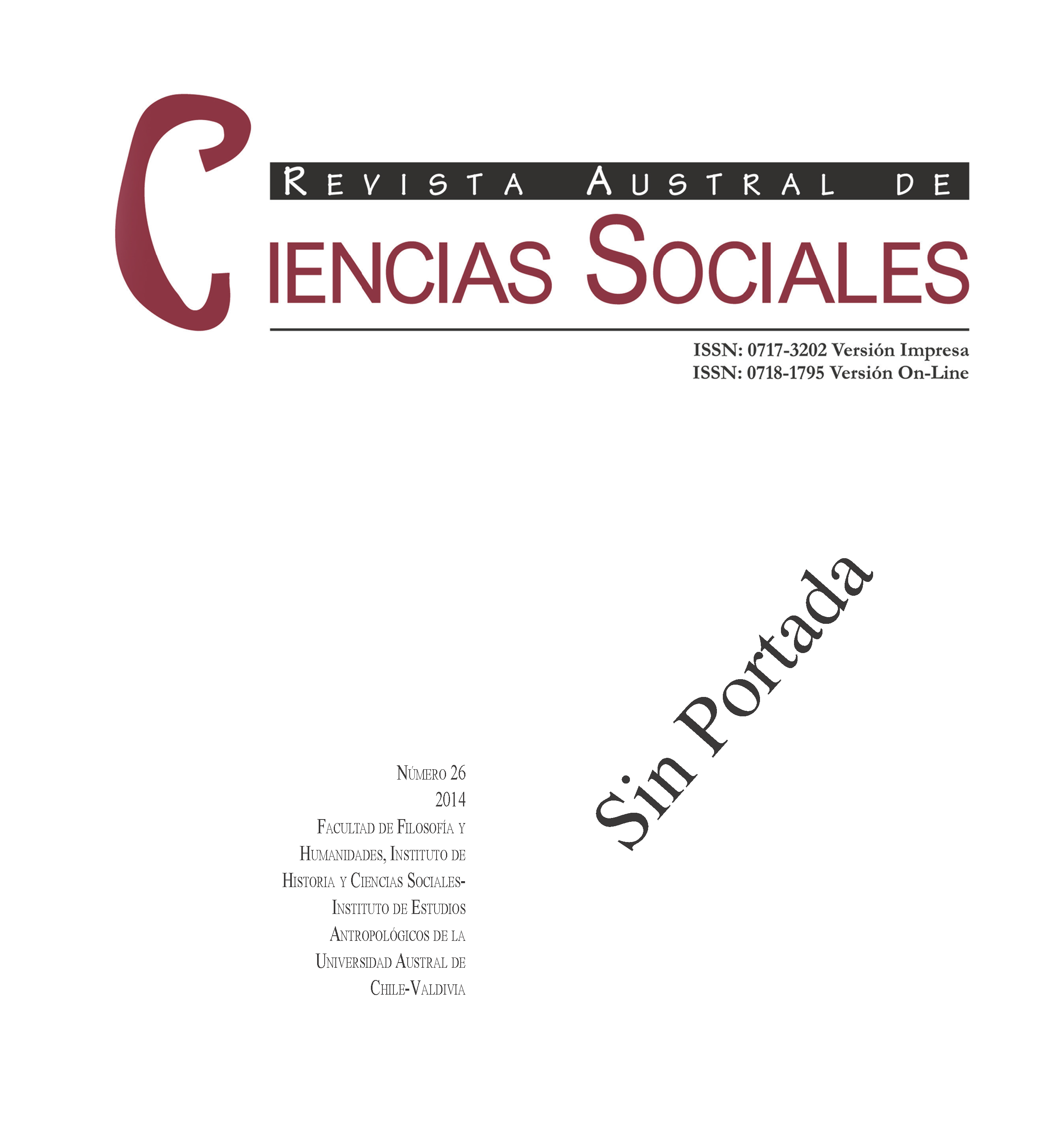Imaginación oficial y espacios culturales en Chile: Reflexiones en torno al caso Niemeyer
Conteúdo do artigo principal
Resumo
El año 2007, la ciudad de Valparaíso recibe un regalo del arquitecto brasileño Oscar Niemeyer. Se trataba de un boceto de un centro cultural para ser construido en los terrenos del Parque Cultural Ex Cárcel de Valparaíso. Aunque el proyecto nunca llegó a ser implementado, abrió un importante debate en la esfera pública chilena. El fuerte contraste entre el estilo arquitectónico del proyecto y las características de la ciudad, así como la escasa incorporación de la opinión de la comunidad y las organizaciones locales, fueron denunciadas desde el comienzo por los actores involucrados. Por otro lado, se esperaba que la obra del renombrado arquitecto legitimara simbólicamente la ciudad, favoreciendo el turismo y revitalizando la economía. Tomando en cuenta las lógicas de marketing urbano que afectan Valparaíso, el objetivo de este trabajo es analizar de qué modo la promoción oficial del centro cultural concebido por Oscar Niemeyer se relaciona con un paradigma implícito en la concepción concertacionista de la cultura.

